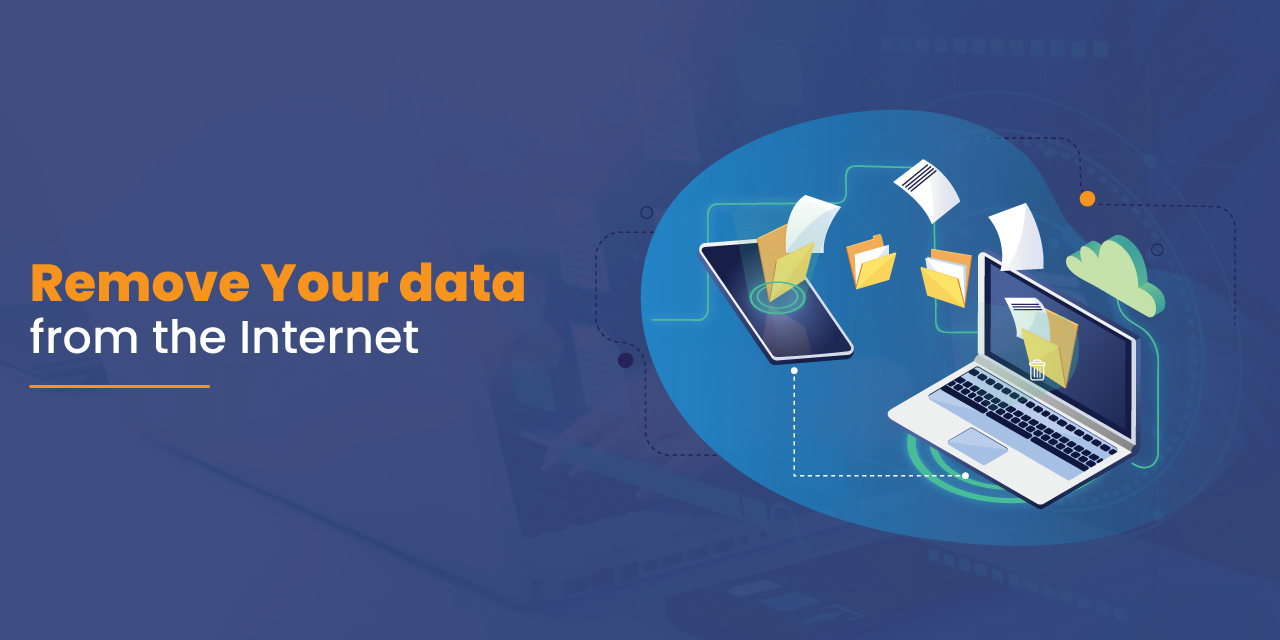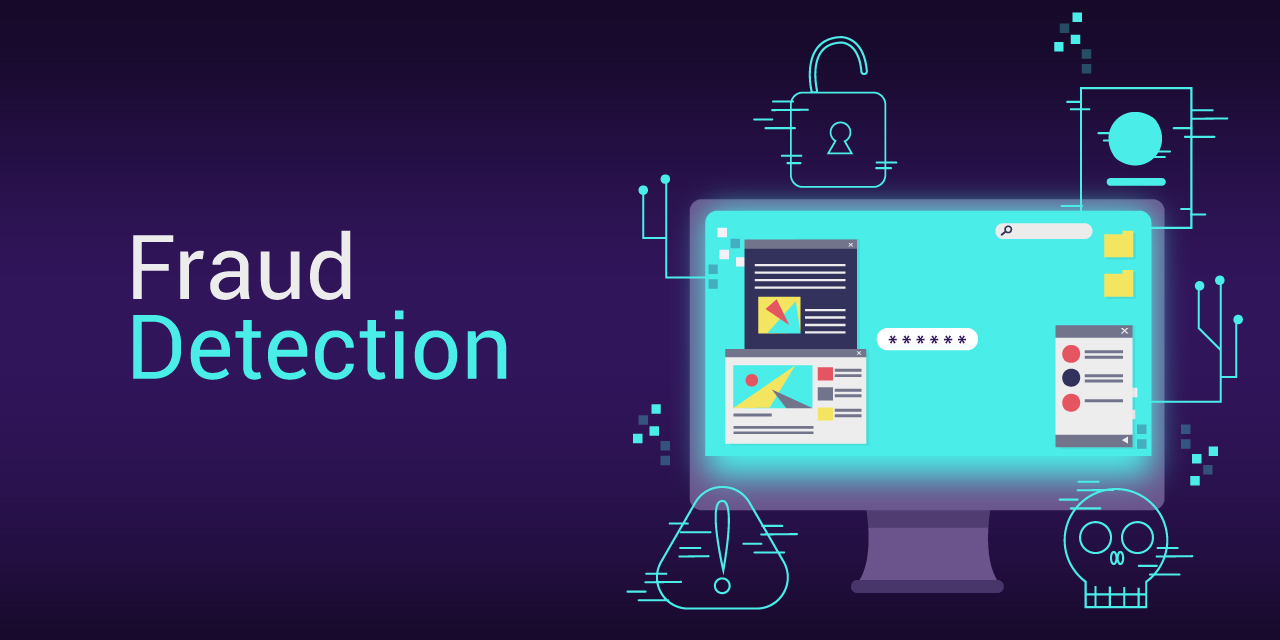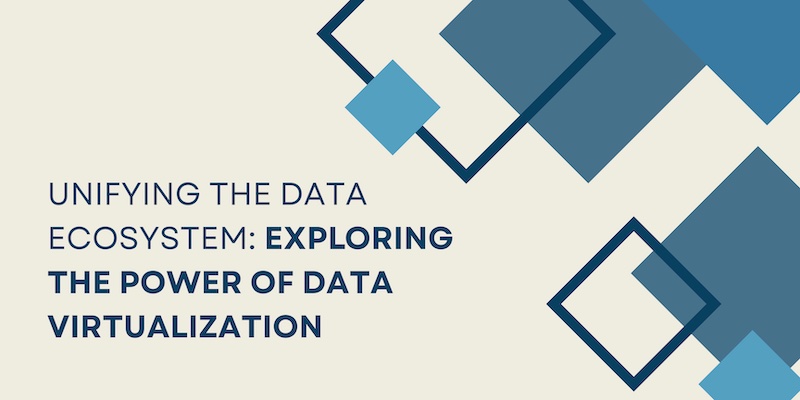
Smart cars, with their integration of cutting-edge technology, have become a symbol of the automotive industry's evolution. These vehicles offer various features to elevate the driving experience to new heights. From autonomous capabilities that redefine how we navigate roads to voice-activated controls that transform our in-car environment, the appeal of smart cars is rooted in their promise of enhanced convenience, safety, and efficiency on the road.









